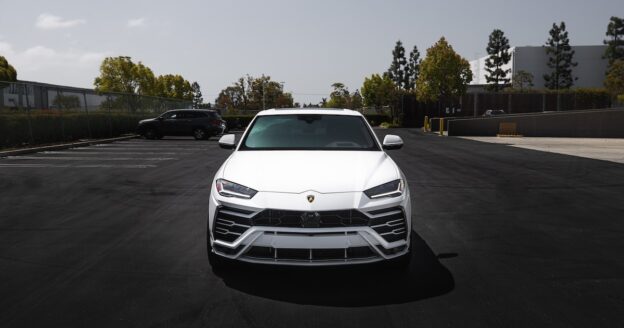When shopping for a car loan, you might have noticed that interest rates for used cars are often higher than those for new vehicles. This disparity in interest rates can be confusing, especially if you’re considering buying a used car to save money. But don’t worry – even with higher interest rates, used cars still come out costing less.
Let’s explore the reasons why used cars typically come with higher interest rates and provide insights into how you can navigate this aspect of the car-buying process.
Depreciation and Risk
One of the primary factors contributing to higher interest rates on used cars is depreciation. New cars lose value rapidly in their first few years, but used cars have already experienced a significant portion of this depreciation.
Lenders view used cars as riskier collateral because they may not retain their value as well as new cars. If you default on your loan, the lender might not recoup the full value of the car when repossessed. To offset this risk, lenders often charge higher interest rates on used car loans.
Age and Mileage
The age and mileage of a used car also impact interest rates. Older vehicles with high mileage are more prone to mechanical issues, and repairs can be expensive. Lenders consider this increased risk when setting interest rates for older used cars.
Newer used cars with lower mileage may still have higher interest rates compared to new cars but typically come with lower rates than older, high-mileage vehicles.
Loan Term
The length of the loan term can influence the interest rate you’re offered, especially for used cars. Shorter loan terms, such as 36 or 48 months, often come with lower interest rates because the lender’s risk exposure is minimized. Longer loan terms, on the other hand, may have higher interest rates due to the increased likelihood of the car’s value depreciating significantly during the loan period.
Credit Score
Your credit score plays a crucial role in the interest rate you’re offered on any car loan, whether it’s for a new or used vehicle. If your credit score is less than stellar, you’re likely to receive higher interest rate quotes.
Lenders use your credit score to assess your creditworthiness and determine the level of risk associated with the loan. To secure a lower interest rate on a used car loan, work on improving your credit score before applying.
Lender Policies
Different lenders have varying policies and risk appetites, which can lead to differences in interest rates. Some lenders specialize in offering competitive rates for used car loans, while others may prioritize new car financing. It’s essential to shop around and compare offers from multiple lenders to find the best deal for your specific circumstances.
Get Affordable Cars and Low Interest Rates
While it’s true that used cars often come with higher interest rates compared to new vehicles, this doesn’t necessarily mean you should avoid buying a used car altogether. By understanding the factors contributing to these rates, you can minimize the impact of higher interest rates. To browse affordable repossessed cars and trucks and acquire financing, visit RepoFinder.com today.


